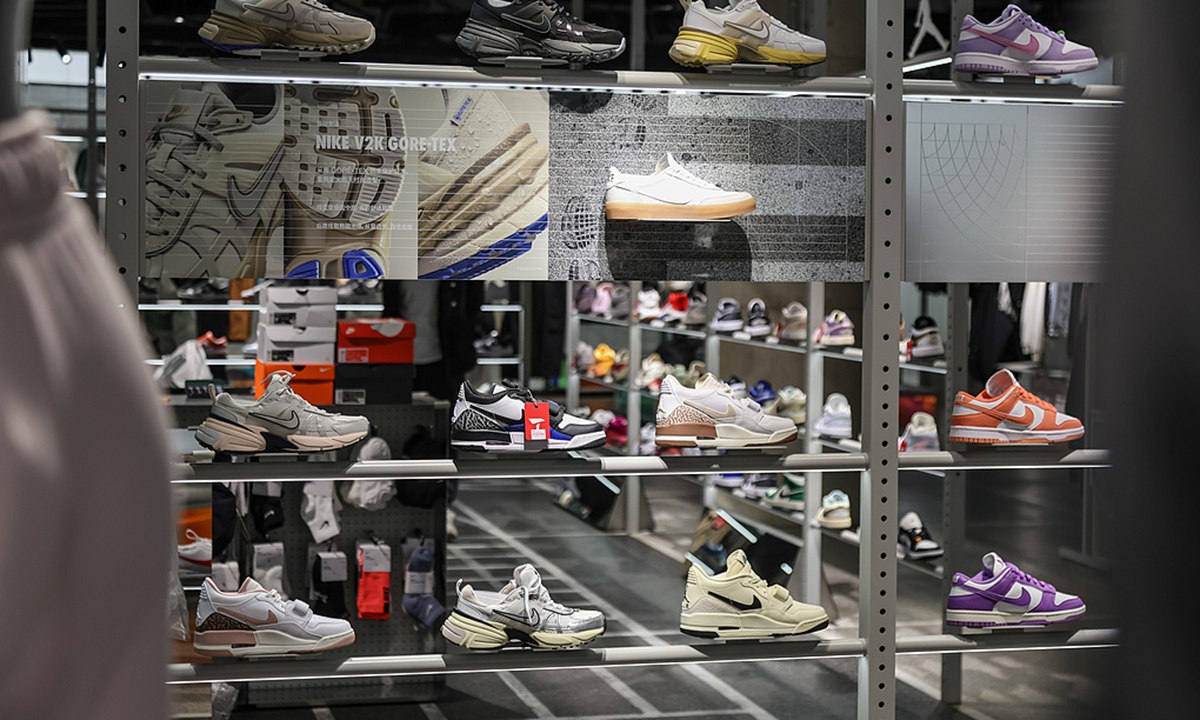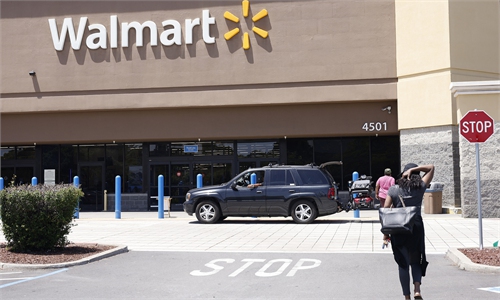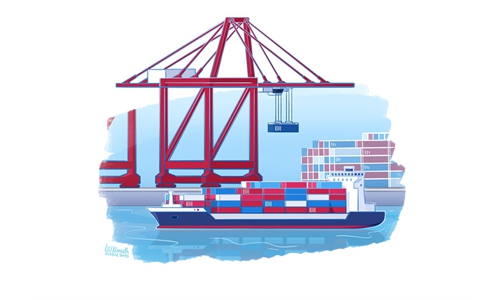US shoe prices expected to rise due to still elevated tariffs imposed by Washington: analysts

Photo: VCG
China's shoe industry insiders said that Chinese-made shoes and components remain indispensable to the US market, as US shoe-makers have voiced opposition to the tariffs imposed by the US administration.
Industry insiders told the Global Times that tariffs on Chinese-made shoes will eventually be passed on to the US consumers.
The remarks come amid loud opposition to the tariffs imposed by the US administration, which not only affects products from China but also many other countries and regions which are involved in manufacturing for US shoe brands.
The US footwear industry is highly sensitive to the tariffs imposed by the US administration. On May 12, shortly after China and the US made substantive progress in the Geneva trade talks, the American Apparel and Footwear Association noted a press release, welcoming the 90-day pause of certain tariffs, after the two sides agreed to slash 115 percent of their respective tariffs.
However, the association noted that remaining 30 percent tariff that the US still imposed on Chinese imports will make for "an expensive back-to-school and holiday season for most Americans."
Yan Wen, who owns several shoe factories in South China's Guangdong Province, told the Global Times on Tuesday that, amid the tariff situation Chinese-made shoes and parts are still indispensable to the US market and that his US clients have raised prices for their existing inventory.
The US market accounts for approximately 30 percent of total sales revenue for Yan's factories.
Chinese-made footwear still holds a strong advantage in craftsmanship, particularly in specialty products with intricate techniques and design-oriented styles, Yan noted, adding that the skill level of Chinese workers in precision manufacturing remains unmatched elsewhere.
Yan acknowledged that complete shoe production remains unachievable at overseas sites, as workers must be trained step-by-step to attain full manufacturing capacity.
Another industry veteran, surnamed Cao, told the Global Times on Tuesday that the global shoe industry relies on global-level sourcing and division of labor, and now the US has minimal shoe production capacity.
The US shoe-makers face a fiercely competitive market, weighed down by US administration's broad-based tariffs, worsening the situation in the US, Cao said. The outcome would be passing the tariffs to consumers, leading to reduced sales there.
In early May, the US Footwear Distributors and Retailers of America (FDRA) sent a letter urging US administration to exempt shoes from "reciprocal tariffs," warning of serious consequences for both consumers and the industry.
The letter, signed by 76 footwear companies including major brands like Nike, Adidas America and Skechers, argued that American footwear businesses and households face an existential threat from substantial cost increases.
On May 5, US shoe giant Skechers agreed to be taken private by 3G Capital for $9.42 billion, marking the largest buyout to date, Reuters reported. Some analysts said the deal was linked to tariffs, according to the report.
Yan said that while many Chinese shoe companies have diversified their production locations, the idea of bringing back manufacturing for shoes to the US is impractical as "not many Americans won't be interested in low-end jobs in a shoe factory anymore."
Shoe prices are expected to rise by 15 percent higher and apparel prices are expected to be 14 percent higher in the short term, according to a report by the USA Today on Monday, citing the Budget Lab at Yale, a nonpartisan research center that provides analysis of federal policy proposals for the US economy.
Yan noted that a new trend that many foreign tourists buy daily consumer goods while visiting China, and "sometimes the savings from those purchases can buy them a new flight ticket."




